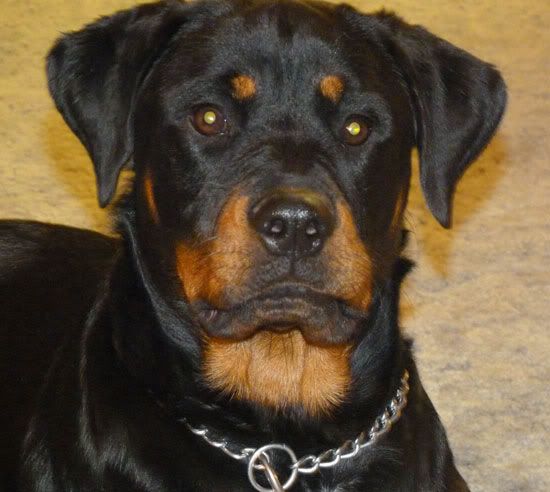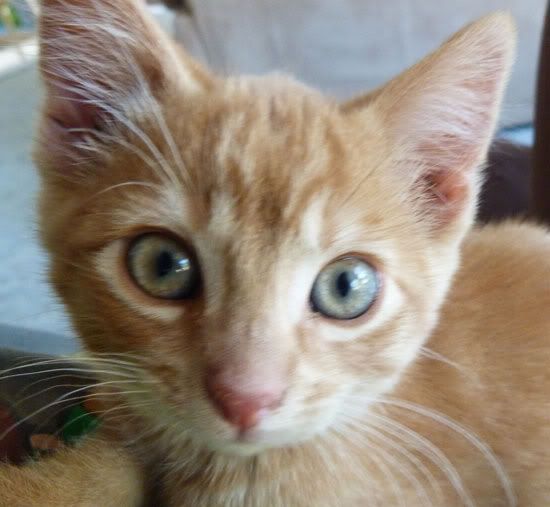What is vinegar?
Vinegar is made by a chemical change called fermentation. During fermentation, the sugar in wine or juice is changed into alcohol and gas. As the gas evaporates, it leaves only the alcohol and fruit flavors.
The next step in the fermentation process is called oxidation, when the oxygen in the air mixes with the vinegar bacteria in the alcohol to change the alcohol into vinegar.
Fermentation takes place when the liquid is in large wooden barrels. These barrels have holes to permit air to circulate. Since the alcohol in the juice or wine is lighter than the rest of the liquid, it rises to the top of the barrel.
At the top, the alcohol comes in contact with the air and forms an acid called acetic acid. This acid increases the alcohol’s weight, carrying it to the bottom of the barrel in the form we know as vinegar.
It can take from one to two years for a barrel of juice or wine to ferment naturally into vinegar!
Vinegar for your pets... (House-Wise Tips)
Give your dog a gleaming coat by spraying or rubbing with a solution of 1 cup white distilled vinegar to 1 quart water. As a bonus, you save the cost of an expensive shine product used on show animals. (Works even on a horse!)

Keep a dog from scratching its ears by wiping them out regularly with a soft cloth dipped in undiluted white distilled vinegar.
Remove skunk odors by wiping down the animal with a 50-50 solution of white distilled vinegar and water, followed by a plain-water rinse. Repeat if necessary.
Discourage a cat from sitting on a certain windowsill or other surface, or from scratching upholstery, by spraying white distilled vinegar on the item. Test first on an unnoticeable area to be sure there won’t be a discoloration.
Keep a cat out of a garden area by placing paper, a cloth, or sponge there that has been soaked in white distilled vinegar.
 Get rid of the deposits and water lines that form in aquariums and fish bowls by wiping them down with white distilled vinegar and following with a good rinse. For stubborn deposits, soak for several hours or overnight.
Get rid of the deposits and water lines that form in aquariums and fish bowls by wiping them down with white distilled vinegar and following with a good rinse. For stubborn deposits, soak for several hours or overnight.Keep the birdbath clean by scrubbing it often with undiluted white distilled vinegar. Rinse well.
Keep flies away from horses or other outdoor pets by spraying a mixture of water and white distilled vinegar around the area where the animals are.
Remove cat litter odor by pouring ½ inch of white distilled vinegar in the empty litter box. Let it stand for 20 minutes, swish it around, then rinse with cold water.
Kill fleas by adding a little white distilled vinegar to your dog or cat’s drinking water.
Stop a dog from barking with a spray bottle filled with equal amounts of water and white distilled vinegar. When the dog barks, spray the vinegar water in its direction but not in the face.
Remove pet odors. After cleaning, cover the area with baking soda. Let it stand overnight. The next day vacuum up the baking soda and wash the area with white distilled vinegar. Rinse and let dry.
Cats hate the smell of vinegar. If you have a cat that is marking its territory around your house, spray the area with white distilled vinegar then rinse with a hose.
Stop cats from fighting with each other with a spritz of a white distilled vinegar and water solution.
Prevent cats from eating your plants by spraying the leaves with a solution of white distilled vinegar and water.
Vinegar for your car... (House-Wise Tips)
Keep car windows frost-free overnight in winter by coating them with a solution of 3 parts white distilled vinegar to 1 part water.
Polish car chrome with full-strength white distilled vinegar on a soft cloth.
Remove unwanted decals and bumper stickers by covering them with a cloth soaked in white distilled vinegar, or by repeatedly spraying them with full-strength white distilled vinegar. They should peel off in a couple of hours.
 Rid the windshield wipers of road grime by wiping them with a white distilled vinegar-soaked cloth.
Rid the windshield wipers of road grime by wiping them with a white distilled vinegar-soaked cloth.Remove the leftover odor after a rider has been carsick by leaving a bowl of white distilled vinegar overnight on the floor.
Get rid of hard water stains on your car with a rinse made from 3 parts soft water to one part white distilled vinegar.
Wipe vinyl upholstery with a mixture of equal parts white distilled vinegar and water.
Remove winter road salt residue on car carpeting by spraying with a mixture of equal parts white distilled vinegar and water, then blot with a soft towel.
Remove the hazy film that builds up on inside windows by spraying with white distilled vinegar.
Remove dirt and stains from car carpeting with a mixture of half white distilled vinegar and half water.
When doing car maintenance, soak rusty bolts and screws with white distilled vinegar to make them easier to remove.
 Loosen chewing gum stuck to carpeting or upholstery by soaking it in white distilled vinegar.
Loosen chewing gum stuck to carpeting or upholstery by soaking it in white distilled vinegar.Create an all-purpose window cleaner with a few ounces of white distilled vinegar in a quart of water.
Give leather upholstery an extra shine by cleaning it with hot white distilled vinegar and rinsing with soapy water.
Make your car extra shiny by adding a few drops of white distilled vinegar to your bucket of water.
.....to be continued in part 3
House-Wise
"Make yourself at home"


0 comments:
Post a Comment